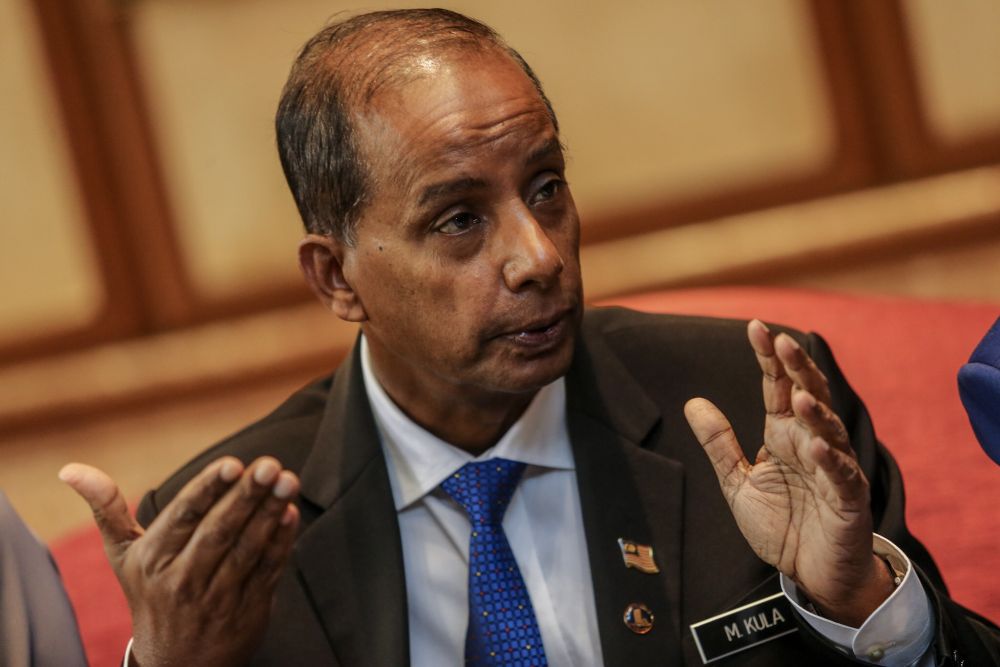IPOH, Feb 1 — Sepang-based rubber maker WRP Asia Pacific Sdn Bhd is expected to be arraigned in court on 42 charges for mistreating its migrant workers whom it did not pay for three months.
Human Resources Minister M. Kulasegaran said among the charges were failing to provide proper living condition for its Bangladeshi and Nepali workers — which resulted in a strike earlier this week by some 2,000 staff.
“The living condition is terrible. We are enforcing it strictly,” he told reporters after presenting aid to villagers of Kampung Tai Lee here today.
He said his ministry has been investigating the company since August last year.
“The outcome from the investigation revealed the company had breached labour law and there are 42 cases against them,” he said, without specifying which labour law or the provisions that the government will use for the prosecution.
The minister said WRP Asia Pacific is not the only company to have caught the government’s attention for its deplorable treatment of workers.
“There are at least 10 more,” he said, but declined to reveal their names pending completion of investigations.
He said the probes were hampered due to a lack of enforcement and investigation personnel, forcing his ministry to second staff from other units.
“We are taking in officers from other units under the ministry to beef up our enforcement and investigation team,” he said.
Kulasegaran urged employers to treat their foreign labour with the same dignity accorded Malaysian staff.
“There were no complaints by their local workers as the company knows they will go to the Labour Department, but what about the foreign workers? That is not fair,” he said.
The minister pointed out that there were over one million Malaysian workers abroad and asked locals for their response if they were subject to similar abject treatment there.
“How would you feel if they too face the same treatment as the WRP foreign workers?”
News on WRP’s treatment of its non-Malaysian staff was highlighted in a report last December by UK daily The Guardian that alleged modern day slavery by the company, with forced overtime in poorly-ventilated factories where temperatures could hit 70°C near the ovens, overcrowding at staff dormitories meant for half the number of residents, debt bondage, withheld wages and passport confiscation.
WRP was among the Malaysian companies that supply rubber gloves to the UK’s National Health Service.
At the time, WRP chief executive Lee Son Hong dismissed the allegations of forced labour as “baseless”, insisting that the company had never withheld or delayed payments for its employees, and that they paid monthly wages according to the Malaysian Employment Act.



















